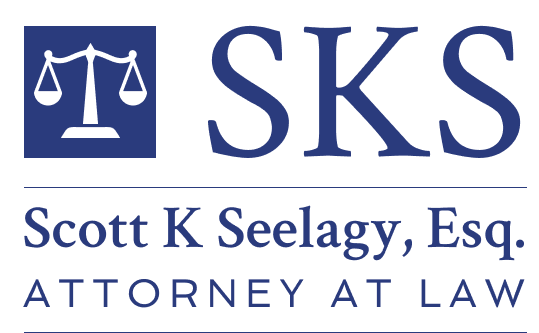Traumatic Brain Injury Attorney – Fighting for Victims of Severe Head Injuries
Challenges of TBI Cases
These cases often require extensive documentation. Unlike visible injuries, many TBIs don’t appear on standard scans. Mild concussions can produce severe, lasting symptoms that insurance companies often question. Scott works closely with neurologists, neuropsychologists, and life care planners to identify symptoms and project costs. He has the experience and expert network needed to take on complex claims, even when insurers try to minimize or dismiss the harm done.
Compensation for Brain Injury Victims
A brain injury can require lifelong medical care, occupational therapy, or supervision. Scott pursues compensation for medical bills, home modifications, vocational rehabilitation, and lost wages. Because some TBI clients are never able to return to work—or can only do so in a reduced capacity—cases must be built to reflect this. Seelagy Law also demands damages for emotional and cognitive losses, including loss of enjoyment of life and relationships. When possible, we include future medical costs based on expert projections.
Frequently Asked Questions – Brain Injury Cases
I felt okay after the accident but later had symptoms – can I still claim a TBI?
Yes. Delayed symptoms are common with concussions and TBIs. Early legal and medical support helps document your condition and improve outcomes.
My MRI was "normal" – can I still have a brain injury case?
Absolutely. Many TBIs don’t appear on imaging. Symptoms often surface through behavioral changes and neuropsychological evaluations. These are valid and compensable.
What if I had a prior concussion before this accident
A pre-existing condition does not disqualify you. Additional trauma can cause further or permanent damage. We present medical evidence to show how this new injury has impacted your health and ability to function.
How long do TBI cases take? Will I have to relive trauma in court?
These cases may take over a year to resolve because healing and prognosis must be clear. Many settle out of court with strong evidence. If trial is necessary, we prepare thoroughly and support you every step of the way.
Get Help from a NJ Traumatic Brain Injury Lawyer
TBI cases require legal and medical insight from day one. The sooner we begin documenting symptoms and building your case, the better your chances of full compensation. Scott Seelagy helps brain injury victims in Morristown and across New Jersey recover what they need for long-term care and stability. Schedule your free consultation today. You owe nothing unless we recover compensation on your behalf.

